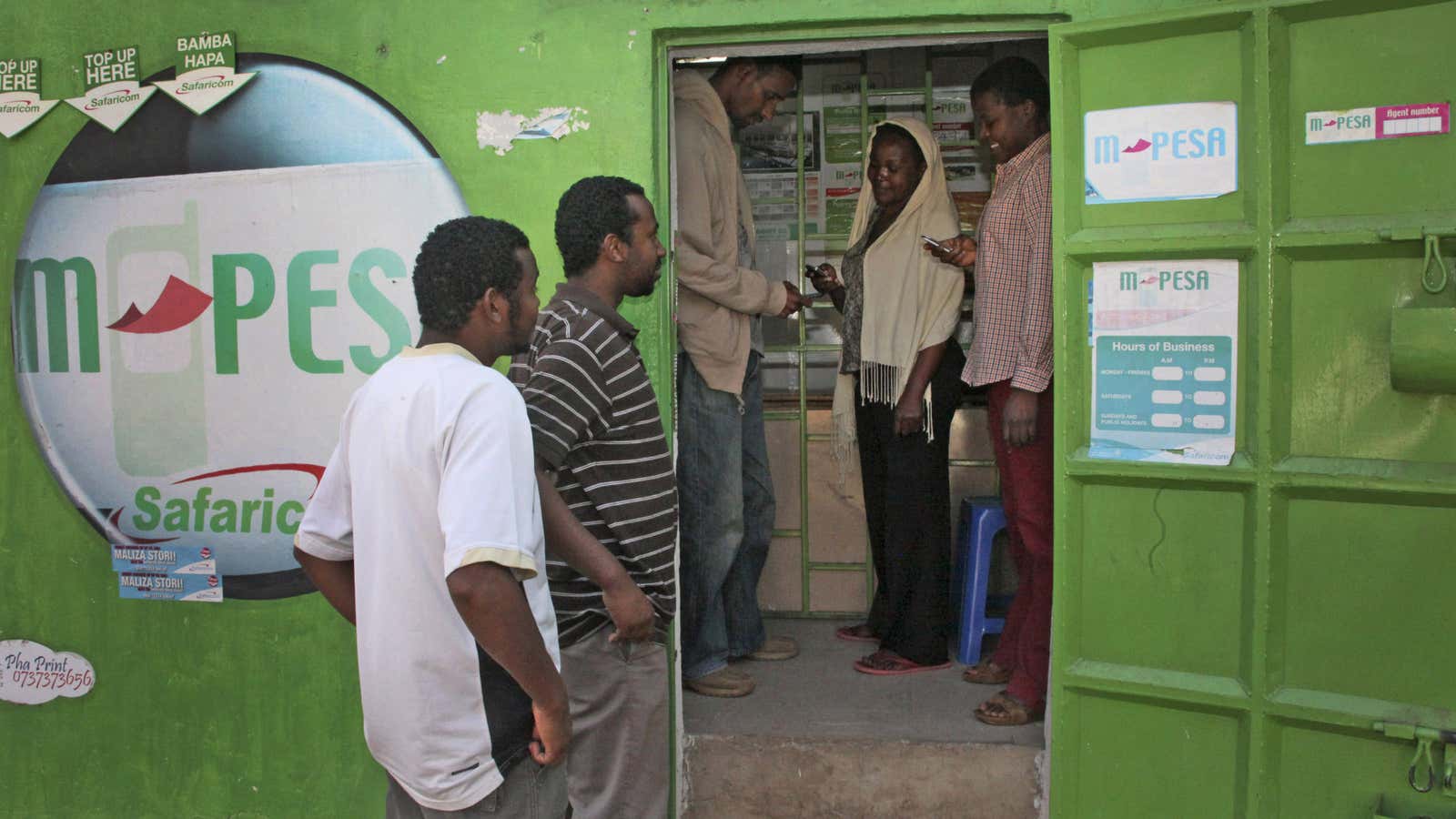Bill Gates has focused his technological vision to a new part of the world: Africa. In a column in Monday’s South African Business Day, the tech mogul-turned-philanthropist says: “I am particularly optimistic about the potential for technological innovation to improve the lives of the poorest people in the world.” It is Kenya’s tech boom where this has most proven true. Here are some lessons from the country’s digital successes:
A government in the lead
The government has put a lot of muscle behind Kenya’s information communication and technology environment. It will be fully evident this month when the government launches Konza Technology City, “Africa’s Silicon Valley.” It is a 5,000-acre tech hub that’s 60 km away from the centre of Nairobi. The man behind Kenya’s IT revolution, exhibited by the tech centers and IT incubators dotting Nairobi, is Permanent Secretary in the Ministry of Information and Communications Bitange Ndemo, whose successes include the launch of an open data website by the government.
Homegrown solutions
Kenya’s mobile tech legacy is becoming synonymous with local people solving real-world problems. When the 2007 election violence in Kenya made international headlines, it also gave birth to something positive. Ushahidi is the open-source platform that allowed citizens to track violence via cellphones, and has been a feature of crisis management since in places like Haiti. M-pesa, which also launched five years ago, is a banking revolution that helps people pay for anything, from school fees to sending money home, via cellphone. MFarm helps farmers negotiate better prices for their produce through information at their fingertips. “Other innovations include iCow, which provides farmers with text-message advice on rearing dairy herds, and MPrep, which helps schoolchildren study for exams by taking quizzes on mobile devices,” reports South Africa’s Independent Online.
Punch above your weight
According to Bitange Ndemo, it’s hardly like Kenya set out to lead tech innovation in Africa. “It started as a joke. We said we wanted to beat South Africa – and we did it,” he told the Guardian. People would have expected South Africa, or maybe the BRICs, to be in this position. But while other African countries were still discussing building a high-fiber optic cable underwater, Kenya broke away to actually do it. It has helped increase internet access to more people, including giving full access to universities. The country’s overall IT strategy proves that tech has a tangible power to transform people’s lives from the ground up.




